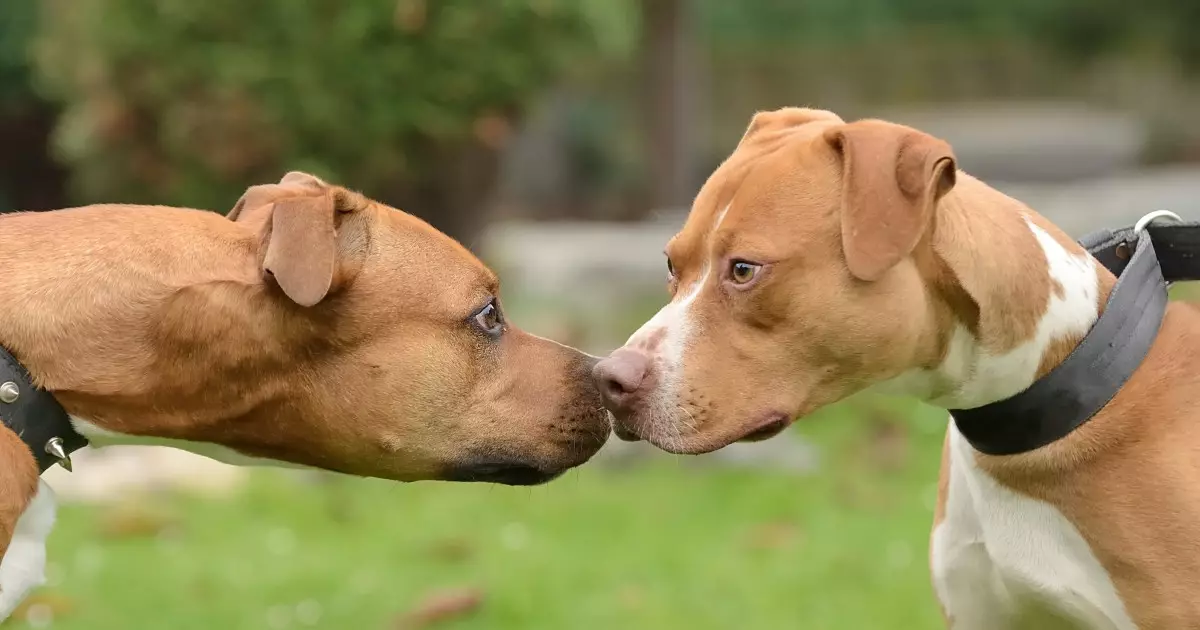The perception surrounding Pit Bulls is often clouded by misconceptions and a reputation that paints these dogs as inherently aggressive. In reality, they are not predisposed to aggression. The breed originated from a history of being used in bull-baiting and later dog fighting; however, this historical context doesn’t define them as naturally hostile animals. Rather, many Pit Bulls demonstrate affectionate, gentle, and family-friendly characteristics. Therefore, it becomes essential to dissect the elements that may contribute to aggressive behavior in individual dogs.
Genetics undoubtedly plays a part in a dog’s demeanor. Certain bloodlines may exhibit tendencies towards aggression, yet this should not be misconstrued as an inherent trait of the breed as a whole. In fact, a multitude of aspects must be examined to understand how genetics influence behavior. For example, dogs with a lineage marked by aggression may inherit behavioral traits that are more susceptible to negative influences. However, it is vital to remember that genetics is merely one piece of the puzzle.
Early experiences heavily influence a dog’s behavior. Puppies that face abuse or neglect frequently grow up to exhibit aggressive traits as a defensive mechanism against the trauma they experienced. It is not uncommon for these dogs to associate humans with pain, leading to fearful and hostile behaviors. The role of the environment is equally significant; dogs that live in high-stress or chaotic households may become aggressive as a means of self-preservation. They might perceive threats where none exist, further exacerbating any aggression they may display.
Another critical factor in a dog’s behavioral development is socialization. A well-socialized dog has been exposed to various people, animals, and environments, helping them develop confidence and reduce fear-based reactions. Conversely, a lack of socialization can result in anxiety and aggression toward strangers or other animals, which manifests as growling or lunging. It is imperative for dog owners to actively engage their pets in socialization to cultivate a well-adjusted adult dog.
Addressing potential aggression in Pit Bulls or any dog breed requires proactive measures taken by responsible pet owners. First and foremost, selecting a reputable breeder is paramount. A breeder who prioritizes temperament screening can significantly reduce the risk of inherited aggression in future puppies.
Socialization must begin at an early age. Activities like community puppy playdates or visits to dog parks foster positive experiences that help alleviate future fears. Furthermore, creating a stable and nurturing environment within the home is essential. A secure sleeping area, consistent access to quality food, and opportunities for regular exercise greatly influence a dog’s sense of well-being.
Training techniques profoundly impact behavior as well. Positive reinforcement methods, which reward desired actions, can establish beneficial behavior patterns. Enrolling in obedience classes not only teaches basic commands but also offers the dog and owner critical socialization experiences among peers, further promoting stability in behavior.
Understanding a dog’s body language is key to preventing aggressive incidents. Signs of distress, such as barking, growling, or lunging, indicate that a dog may be struggling. Recognizing these signs allows owners to intervene early and de-escalate potential confrontations. In situations where aggressive behavior becomes pronounced or difficult to manage, seeking guidance from professional animal behaviorists can help tailor appropriate solutions for individualized situations.
The narrative surrounding Pit Bull aggression is deeply flawed. They are not inherently dangerous creatures; rather, their behavior is largely influenced by genetics, early experiences, environment, and the owner’s approach to training and socialization. By fostering a nurturing atmosphere combined with the right training techniques, it is not only possible but expected that Pit Bulls can thrive as loving and gentle companions.

